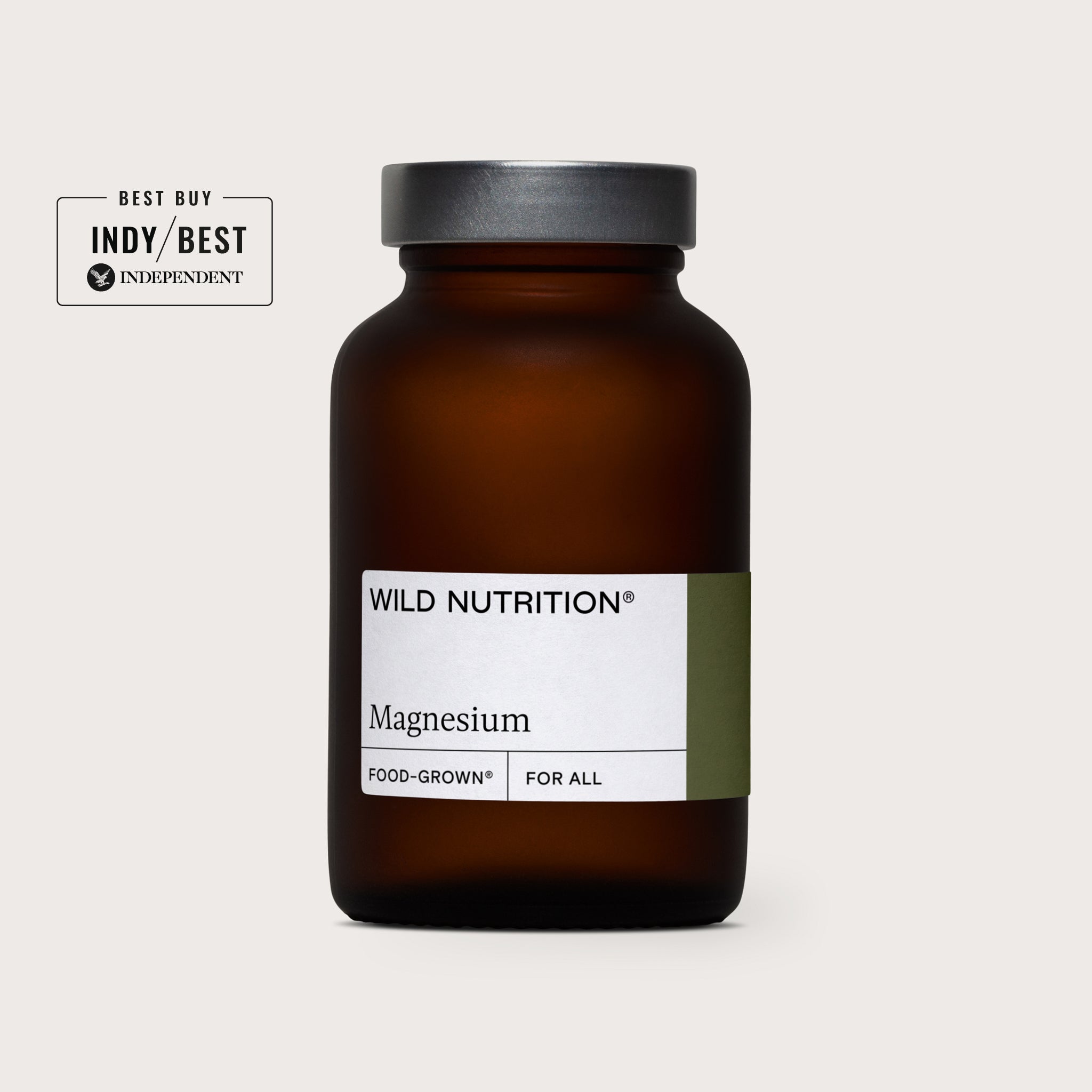
How to hack your happy hormones
By VANESSA TUCKER & HELEN FORD, Nutritional Therapists at Wild Nutrition
Neurotransmitters are chemical messengers that facilitate communication between neurons in the brain and significantly influence our mood and emotional wellbeing. These substances, such as serotonin and dopamine, play crucial roles in regulating feelings of happiness, anxiety, and general emotional balance. Imbalances in neurotransmitter levels can lead to various mood disorders, including depression and anxiety disorders. Understanding the intricate relationship between neurotransmitters and mood is essential for developing effective treatments and interventions aimed at promoting good mental health.
Dopamine
Dopamine is a hormone that is produced when we experience pleasure, it motivates us to repeat the activity. This is very motivating for getting work done, and for exercise but it can also be created through less proactive activities such as alcohol, drugs, and other addictions. Participating in an extreme sport, or even a spin class with energising music supports dopamine release, producing a natural high. Foods with tyrosine (an amino acid) help the body produce dopamine, particularly protein-rich foods like eggs, fish, and meat as well as nuts and seeds.
Serotonin
This hormone is often referred to as our ‘happy hormone’ because it supports our mood, but it’s also involved in many functions in the body. Although considered a brain hormone, most serotonin is in fact made in the gut, which is considered to be our second brain. Supporting gut health and our microbiome is key to supporting mood and serotonin production. Regularly consuming fermented foods high in probiotics will support production - think kefir, yoghurt, sauerkraut, cheeses and prebiotic foods to help with the growth of good bacteria. Also be sure to include plenty of soluble fibre from fruits - particularly bananas, nuts and seeds, legumes and oats.
Oxytocin
Oxytocin is best known as the hormone released to stimulate uterus contractions to induce labour and birth. It’s also known as the ‘love hormone’ because it influences our emotional attachment and supports feelings of trust and happiness. It’s produced during nurturing and loving activities like breastfeeding, hugging, kissing, and cuddling and supports the bond between partners and between mother and baby. Yoga and meditation also are believed to support its production. Foods high in magnesium help the receptors respond to oxytocin - spinach, leafy greens, almonds and dark chocolate are all great sources, alongside supporting nutrients, Vitamins C and D.
Endorphins
This is a group of hormones that have many benefits ranging from supporting mood, reducing stress and helping to alleviate pain due to their opioid effect. Humans have a built-in system to support our ability to minimise pain. For example, if we are running a marathon and get muscle cramps, the body releases endorphins to reduce pain so we can keep running. Feel-good endorphins are also released when we experience pleasure, such as laughing, listening to music, exercising and eating certain foods like chocolate. The body is smart and it knows what to do. You would be wise to listen to it and let it care for you.
In summary
Neurotransmitters play a crucial role in regulating mood, cognition, and overall mental health. A balanced diet rich in essential nutrients such as omega-3 fatty acids, vitamins, and minerals supports optimal neurotransmitter production. Additionally, regular physical activity, sufficient sleep, and stress management practices all contribute to maintaining harmony and balance. Embracing a holistic approach to nutrition and lifestyle is key to nurturing the intricate balance of neurotransmitters in our bodies.
If you have enjoyed this article and want to read more about keeping your mind and body happy, you may also like our blog posts on how to create good habits, foods to keep your mind and gut happy and five health benefits of Ashwagandha.
If you feel you have been struggling with your mental health, don’t be afraid to seek support and speak with someone. Book an appointment with your GP and if you have the resources, speak with a therapist who can help you navigate more challenging feelings.
If you have any questions you can also book a free 15-minute call with our in-house expert team of Nutritional Therapists.












